"League has adapted poorly to the fact that people don’t have as much free time as before."
Throughout the Superliga Dominos Final Four held in Madrid, Sheep Esports had the opportunity to meet with Ainhoa "Noa" Campos, one of the most recognized commentators in the Spanish scene. Beyond her role in the LVP broadcasts, Noa has become a celebrity in the esports scene, also internationally recognized through events such as the EMEA Masters or the Equal Esports Cup. In this interview, she talked to us about the decline in viewership and hype around the Superliga, the female ecosystem, and the differences when casting one competition or another.
Were you looking forward to a live event?
Ainhoa "Noa" Campos: “We were really looking forward to a live event, and especially a Final Four, which is something we’ve been chasing for a long time. We missed these kinds of days with more than one Bo5, even if you end up completely exhausted by the end of the day. It’s six maps at the very least, and in a live event, things always end up going on for longer. But despite all of that, it’s really good. And above all, to have an event where you don’t just have the two finalist teams, but also two more. It’s also an event where something is at stake. It’s not just a regular split week where all the teams are invited and you have more presence from all the different fanbases. Here, you really have that feeling of, this is a final, a semifinal, something is on the line. Maybe you don’t have quite the same competitive pressure as in some other events, but you still feel it.
You went from being an amateur in LoL Segunda and CT to becoming a professional caster with LVP. How was that transition for you?
Noa: Once I started casting in a more amateur way, I did have the goal in mind that it would be amazing to be able to do this professionally, because at the end of the day, it’s a job you pursue because you love it. You love esports, you love the profession. I don’t think you choose this job the same way you choose to be an architect. You really have to love it, because there are a lot of things that don’t pay off. So, I started, and things gradually started to come my way. Opportunities arise,—even before LVP—like that European Masters I covered with SL. My first live events, where I was very inexperienced and nervous, and I suppose that’s normal. But the transition to working with LVP came more naturally, because I was already doing things with them occasionally. I was the substitute. If someone got sick or went on vacation, they often called me: a few weeks of Superliga here and there, an MSI, maybe even a weekend of LEC. I remember, for example, that I couldn’t go to the Bilbao final in 2018 even though I had a ticket, because I went to Barcelona to cast North America with Toad Amarillo (Javier Cepero García) at 2 AM, and that happened quite regularly. I had already built a relationship with the LVP team, so when the moment came, it was easier, but no less intimidating—especially because the first live event I got that year was Worlds.
Do you see any differences between casting the Superliga, the LEC, or international events aside from the gameplay level?
Noa: The level of gameplay of the teams, undoubtedly. Sometimes the change is very drastic—from casting an MSI final to going back down to LVP. Obviously, not to disregard any team, because everyone has to start somewhere. But there is a very significant difference. Not so much between the LEC and Superliga maybe, because they are competitions we’ve been doing for a long time. We know the dynamics, the teams, and the players. Sure, sometimes someone new comes into the LEC and you’re like, "Who is this person?" So you have to do a bit of tracking, but nothing crazy. The EMEA Masters, however, is like taking a civil service exam—it’s insane. I’ve literally dug up drawers at home and found whole preparation booklets I printed, sometimes straight from Leaguepedia pages, because you have to prepare for so many teams you have no idea about. And I won’t lie to people—I’m not watching the Balkan league every day to know who did well in the regular season. Preparation-wise, it’s overwhelming, a massive headache, especially because often you don’t know until the day before who’s even playing or what match you’ll cover.
For internationals, you also have to prepare for leagues you don’t follow as much, but it’s not as extreme, because there’s more conversation around what happens internationally. You’re more aware, even just by opening Twitter. If you follow the right people, they’re talking about the LCK matches or LPL playoffs. In the past, when more leagues qualified for Worlds, you did need to dive into Turkey or Oceania, but nothing out of the ordinary. I used to rely a lot on Emily Rand’s articles—those literally saved my life many times. They were more demanding than preparing for LEC or Superliga, but still, it doesn’t compare to EMEA Masters. And now it’s held three times a year. When I found out they were adding another one, I thought, "Oh my God, another final exam, I’m going to die." But in the end, you have to find tools, and luckily, over the years, I’ve made a lot of friends in other regions. I know casters from other ERLs who help each other out because we all face the same problem: you talk to a caster from Portugal about their team, someone from LRS about theirs, someone from Italy about theirs, and we all lend each other a hand.
There’s been a decline in Superliga viewership in recent years. Why do you think that is? Lack of narratives, gameplay level, or general disinterest?
Noa: I think it’s a tricky question, with a lot of factors that add up. League is very demanding in terms of attention to follow it. There are so many competitions happening constantly. The calendar makes no sense. You have LoL in the morning, afternoon, and in evening. And most people are not 16 years old anymore to binge 10 hours of LoL daily, because the audience has aged. Maybe we haven’t adapted well. Not just nationally, but globally—League hasn’t adapted to this reality. People grow up, and they have other priorities. Then there’s the pandemic, which was a peak in interest. A lot of people who came to watch esports during that time didn’t stay. Everything works in cycles. Highs, lows. We had a big hype cycle a few years ago with amazing narratives. And in ERLs, it’s especially tough because you build stories over three or four years, but the goal of these kids is not to stay here—it’s to go up, promote to the LEC, go to Worlds. And when they leave, like Riders moving up and becoming Movistar KOI, you have to start over. Maybe the audience isn’t as willing to start again. So you have to adapt, rebuild, and find new formulas. For example, I think something really cool we’re doing now—and we can really enjoy it here at the Final Four—is working closely with co-streamers. Talking to Werlyb (Jorge Casanovas) after a match, with Antonio (Antonio "Th3Antonio" Espinosa), with Jordi… it’s really fun and it doubles down on that controversial phrase of "building bridges".
How has co-streaming impacted all this? Does it affect your job? Is it a contribution or direct competition?
Noa: It depends a lot. Every co-stream is different. Watching Th3Antonio and FearlessS (José Santos) is not the same as MKOI in the LEC—they’re radically different approaches. I still don’t have a solid opinion; it’s hard. Obviously, it’s tough to compete in the orbit of huge figures—like Caedrel (Marc Lamont)—who pull a lot of attention. I think they’re different movements. It forces you to adapt, but I think the role of the official stream will always exist. It’s like a central hub, giving a broader voice. It depends on what the audience wants in each match. What I’ve noticed since co-streams started is that it is really noticeable in some cases. The chat changes a lot depending on the match. For example, let's say we've got a Fnatic vs MKOI in our hands. In that case, you know many fans will leave for MKOI’s co-stream. That makes sense. So suddenly our chat looks heavily favoured towards Fnatic, because the other side left. Hispanic fans might stay more, but I still believe the official stream’s role will continue. It will evolve, inevitably, but it will remain there.
You recently casted the Equal Esports Cup and now Riot has announced League Game Changers. What does this mean for you and for the female and non-binary ecosystem?
Noa: This year I covered the Equal Esports Cup, and I also did it last year. It was an incredible learning process, because it was totally new, and I was excited on a personal level, because it felt like starting from scratch. Not only because I was casting in English, but because I was learning from so many new approaches with the people I worked with. For me, Game Changers is like a… "It finally happened"? We’ve had over 15 years of LoL, and this demand is not new at all. Honestly, when VALORANT came out and got Game Changers instantly, I thought, "Hey, we’re here too, why not us?" It’s never negative to expand the talent pool. Never. I’m really excited for Game Changers. It only makes me sad it has so little coverage or promotion. Yesterday, I saw Sheep Esports’ Armand mention on social media that the open qualifier started this weekend and only a few teams signed up. And he asked why this wasn’t mentioned on the LEC broadcast—and I wonder the same. Why wouldn’t you promote an official Riot competition? It drives me crazy sometimes, we’re too self-absorbed on our own projects. Game Changers is super positive, and I’m 100% committed to supporting it. There’s so much talent there. And they juggle so much—studies, jobs, competing in other leagues at the same time. One of the toplaners was also competing in NLC’s second division. The G2 Hel girls were playing the Liga Nexo playoffs. So many of them had three open fronts at once. And something I loved about Equal Esports Cup was that I felt like I was watching a totally different LoL, very creative. Honestly, I don’t see anything in Equal or Game Changers that I haven’t seen in Circuito Tormenta or in the second division. They face the same challenges as amateur guys, and giving them a chance to develop and eventually join the "mixed" (again withing brackets) circuit should be positive for everyone.
You’ve often said it’s hard as a woman to carve a path in this industry. Have you noticed any changes since you started casting?
Noa: There are still challenges, but one thing I notice—especially at live events—is there are more and more girls coming to enjoy them, and that makes me really happy. More of them come up and talk to you, and they’re part of the fanbases. That puts a lot of pressure on me, honestly—I handle that terribly. Every time someone says, "You’re my role model", and I’m like, "Oh God, now I have to do this really well". I just wish the on-camera side had evolved too. We’re not even moving at a snail’s pace, no—it’s more like erosion of the sea on a rock. It’s terrible. When I joined LVP, it was just me. Now Emma is there too, but still just one more. And if you look outside, you don’t see many more voices either. You really have to dig to find them, because they don’t get visibility. I’d like it to be faster. In that sense, I think Game Changers should also be positive for talent roles on camera.
If you hypothetically ran your own esports team, what would it look like and what role would women and non-binary people have?
Noa: If I had my own team, it would be 100% mixed. I’d try to do it like Stormbringers did back then, working from the grassroots, from Circuito Tormenta, developing talent and supporting it step by step.It is crystal clear to me—it would be 100% mixed. That’s what I want to see. That’s what how it should be like.
Any final message for the fans?
Noa: Thank you so much for always supporting, for enjoying League, because at the end of the day, that’s what we’re all doing, enjoying esports. Whether you’re just watching, coming to events, cheering teams with chants, expressing yourselves on social media… Thank you for being there, because in the end, without the fans, none of this would be happening."
Header Photo Credit: LVP

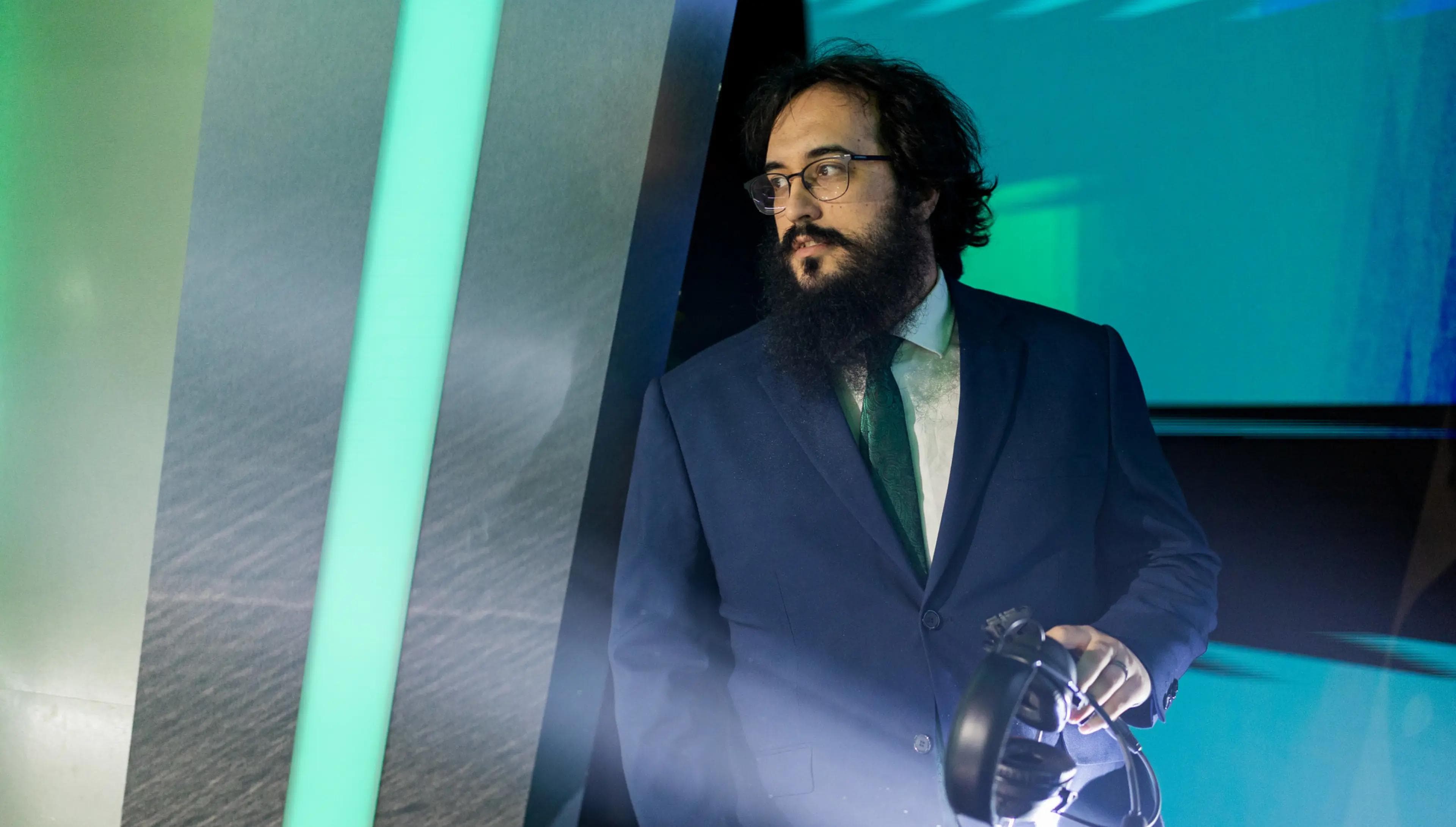


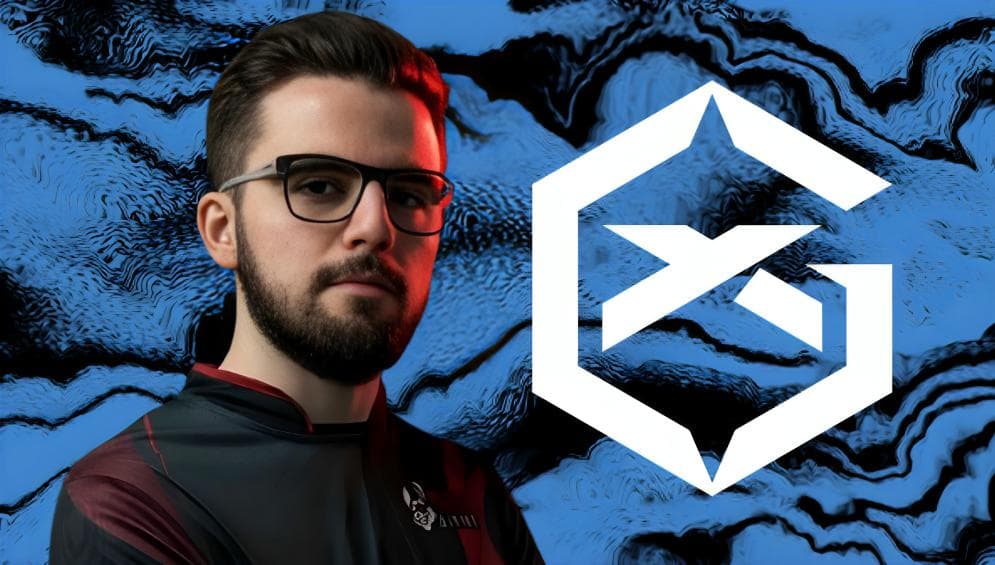
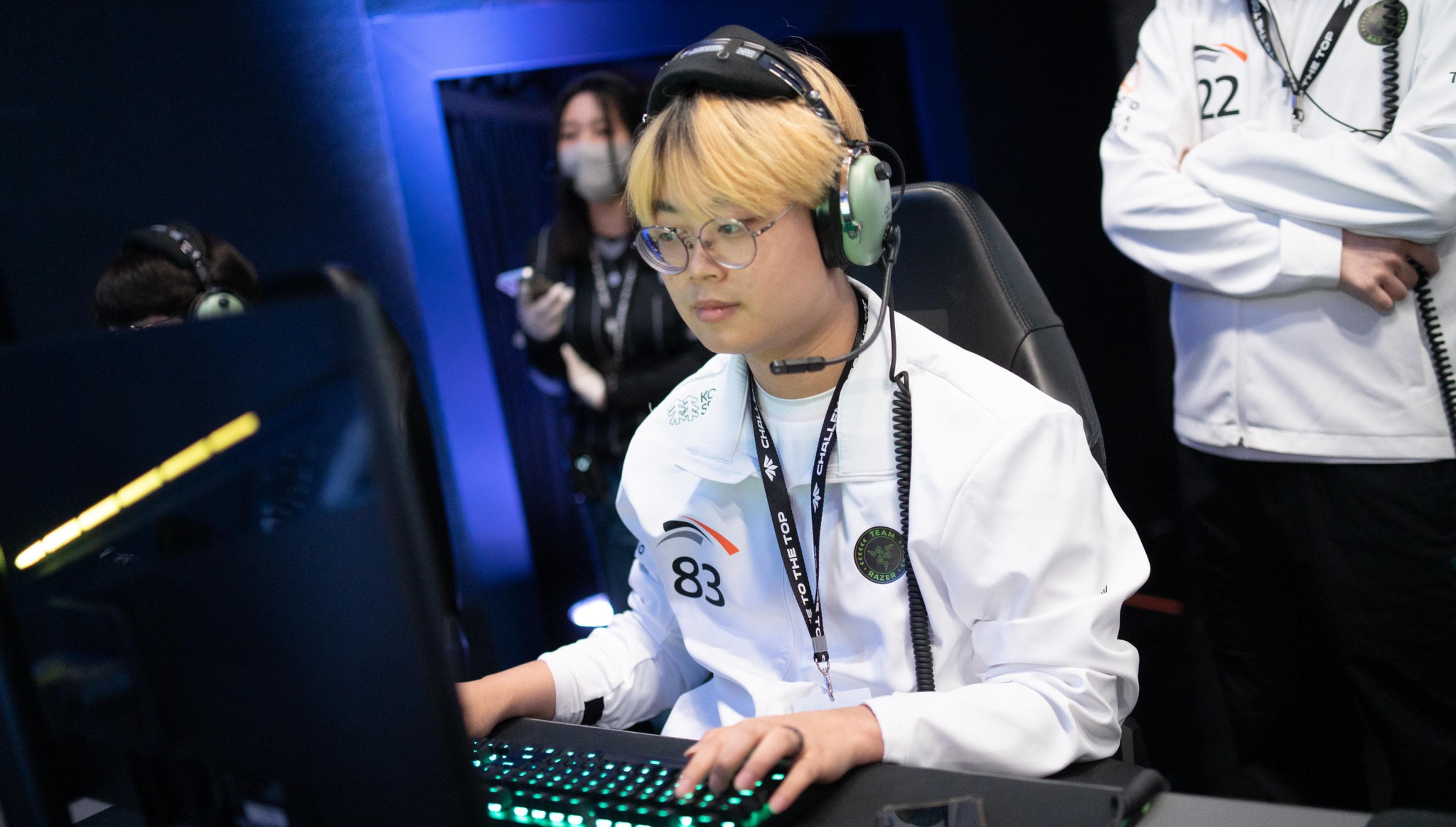
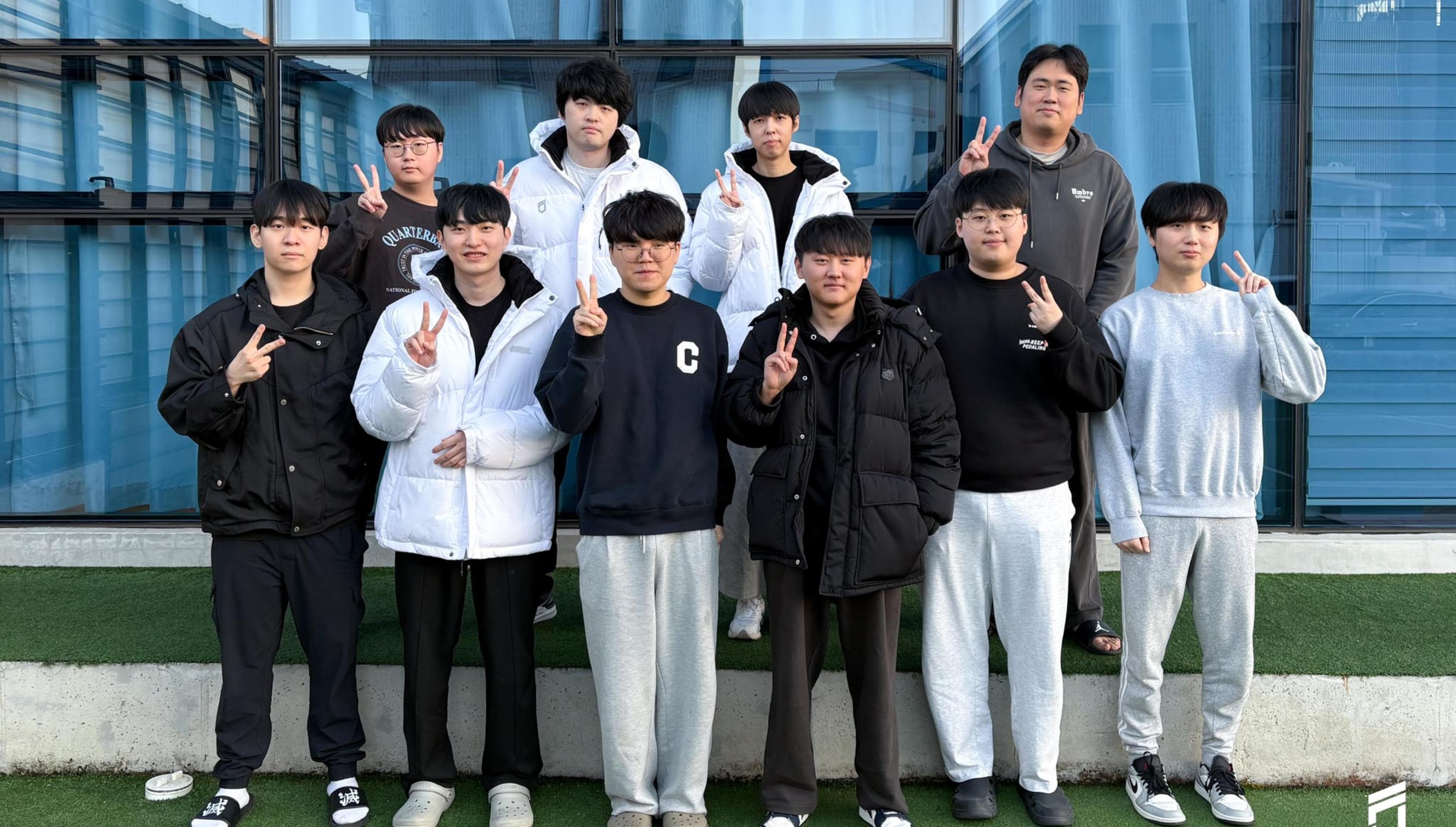
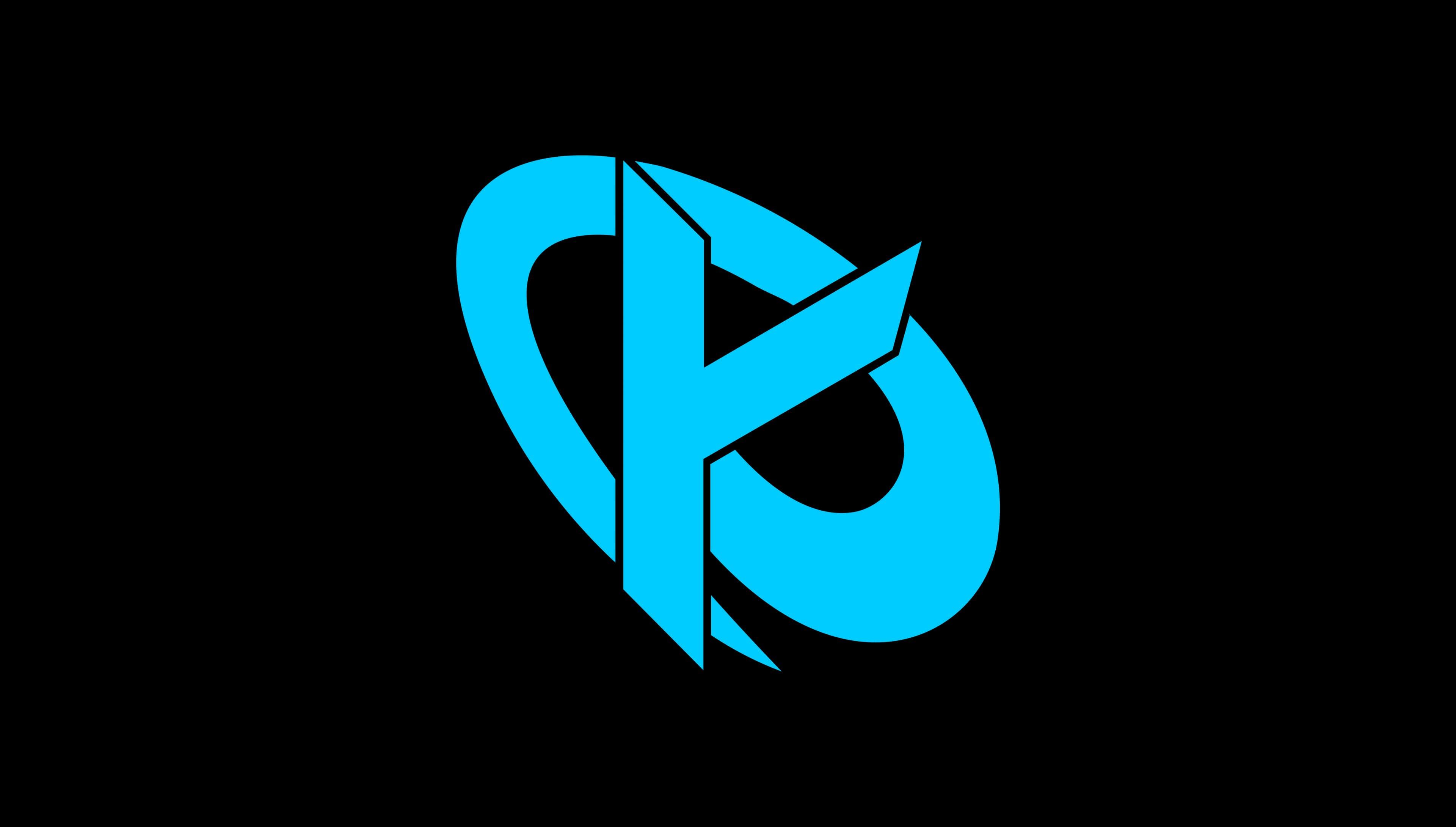
/Comments
Write a comment